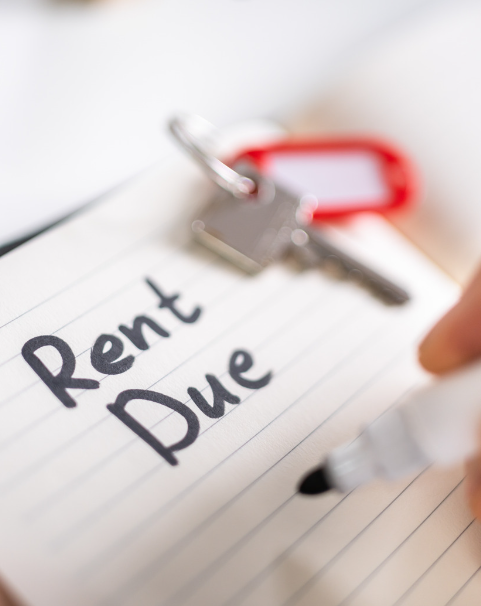The Myth of "I Have a Few Days to Pay the Rent"

In the world of residential real estate management, one common misconception that consistently surfaces is the idea that tenants have a few extra days to pay their rent beyond the due date without facing any consequences. This myth can lead to misunderstandings, strained landlord-tenant relationships, and even legal complications. As a seasoned property manager, it’s crucial to address this myth head-on and clarify the importance of timely rent payments.
Understanding Lease Agreements
The lease agreement is a legally binding document that outlines the terms and conditions of the rental arrangement, including the due date for rent payments. Typically, the due date is set for the first day of the month. However, many tenants believe they have a "grace period" to make their payments without incurring late fees or other penalties. While some leases may include a grace period, it’s essential to understand that this is not a universal rule.
The Reality of Grace Periods
Grace periods are not mandated by law but are instead a courtesy some landlords offer. If your lease includes a grace period, it will be explicitly stated in the agreement. For example, a lease might allow a five-day grace period, meaning that rent is technically due on the first of the month, but no late fee will be charged if payment is received by the fifth. However, even with a grace period, the rent is still considered late if not paid on the due date.
Consequences of Late Payments
Failing to pay rent on time can have several negative consequences:
Late Fees: Most lease agreements include a late fee clause. If rent is not paid by the due date (or by the end of the grace period, if applicable), a late fee will be applied. These fees can add up quickly, creating an additional financial burden for tenants.
Credit Score Impact: Persistent late payments can be reported to credit bureaus, negatively impacting a tenant's credit score. This can make securing future housing, loans, or other credit-based services more challenging.
Eviction: Consistently late rent payments can lead to eviction proceedings. Eviction is a serious matter that can have long-term repercussions on a tenant’s rental history and overall financial stability.
The Importance of Communication
Open communication between landlords and tenants is key to preventing misunderstandings and fostering a positive rental experience. Tenants should contact their landlords or property managers if they anticipate any issues with making a timely payment. In many cases, landlords are willing to work with tenants who communicate proactively and demonstrate a genuine effort to fulfill their rental obligations.
Best Practices for Tenants
To avoid the pitfalls associated with late rent payments, tenants can adopt several best practices:
Set Up Automatic Payments: Many banks and financial institutions offer automatic bill pay services. Setting up automatic rent payments can ensure that rent is paid on time, every time.
Create a Budget: Proper budgeting can help tenants manage their finances more effectively and ensure they have enough funds to cover rent each month.
Prioritize Rent: Given the significant consequences of late payments, tenants should prioritize rent payments over non-essential expenses.
Best Practices for Landlords
Landlords and property managers can also play a role in preventing late payments:
Clear Communication: The lease agreement should clearly outline rent payment policies and due dates. Regularly remind tenants of these policies to avoid any confusion.
Offer Multiple Payment Options: Providing various payment options, such as online payments, checks, or direct bank transfers, can make it easier for tenants to pay on time.
Address Issues Promptly: If a tenant misses a payment, address the issue immediately. Early intervention can help resolve problems before they escalate and show tenants you are attentive and proactive.
The myth of having a few extra days to pay the rent without repercussions is just that—a myth. Understanding the terms of the lease agreement, communicating effectively, and prioritizing rent payments are essential for maintaining a healthy landlord-tenant relationship. By debunking this myth, we can help tenants avoid unnecessary stress and ensure a smoother rental experience for everyone involved.










